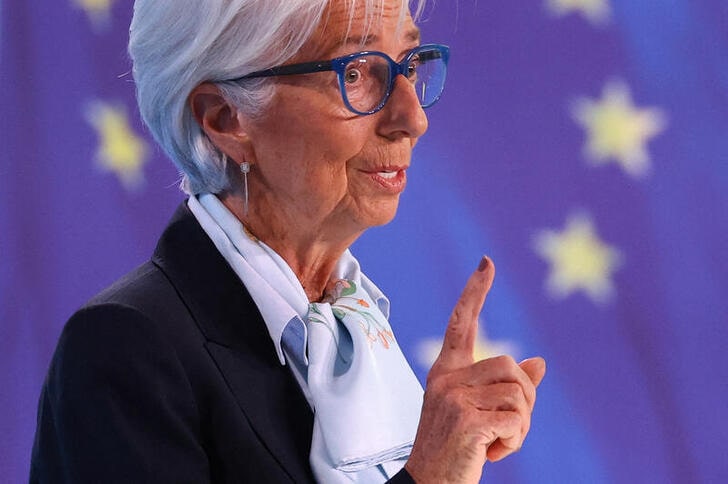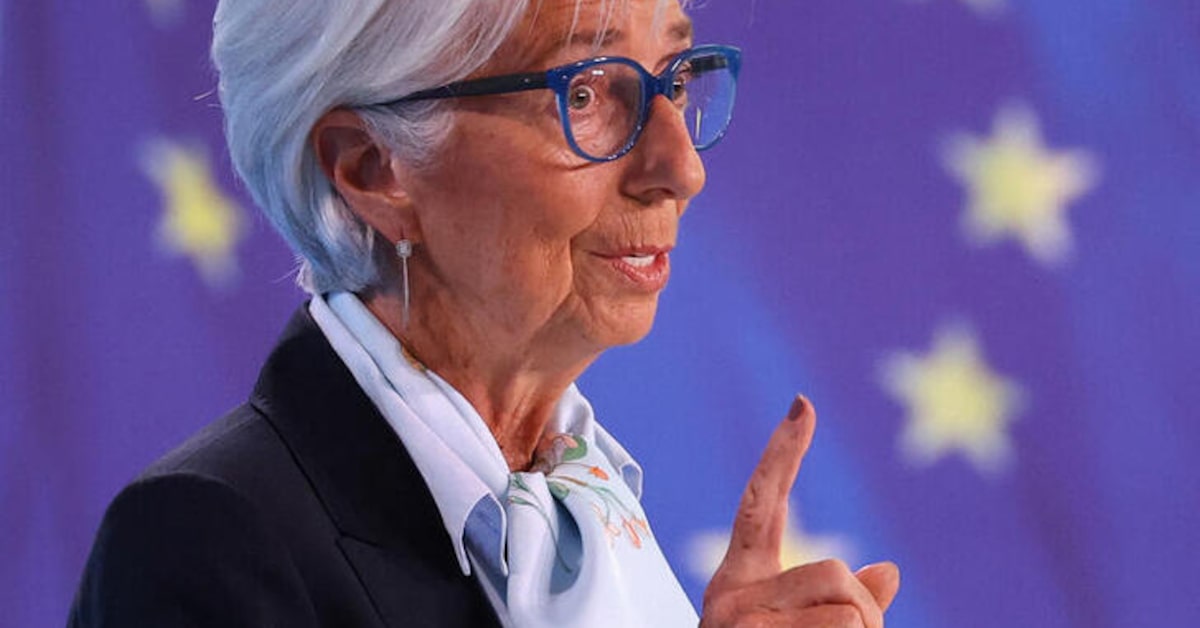
European Central Bank (ECB) president Christine Lagarde speaks during a press conference following the Governing Council’s monetary policy meeting, in Frankfurt, Germany April 11, 2024. REUTERS/Kai Pfaffenbach
Commission boss Ursula von der Leyen is pushing a savings and investment union to offset anaemic EU growth. That context may explain why the EU’s executive body will soon consider euro-denominated stablecoins held by the foreign unit of an EU-based company as “fungible” with its own. Non-residents could thus in theory have a claim on the assets backing the European entity’s stablecoins. This might not be reciprocal, since the euro stablecoins issued in other jurisdictions would not be regulated by European authorities.
Sign up here.
Brussels is taking a risk with its euro stablecoins decision. But the ECB can’t expect to be allowed tighter regulation on euro stablecoins while restricting the scope of its own digital euro.
Editing by George Hay; Production by Oliver Taslic
Our Standards: The Thomson Reuters Trust Principles., opens new tab

